 |
| 電解機能水技術領導者 |
Sugar Tax
2016-02-15 17:04經濟日報 記者鍾詠翔╱即時報導
為維護國人健康,繼法國、美國幾個州及墨西哥開徵蘇打稅後,印度、印尼及菲律賓等亞洲國家也跟進準備對含糖飲料課徵蘇打稅,菲國眾議院擬提案對所有含糖飲品開徵10%的特種稅,印度提出的稅率更高達40%。
由於醫療界與政府官員日益重視肥胖與糖尿病對國人健康的影響,導致產值高達5,600億美元的全球蘇打產業飽受批評。市場研究業者Euromonitor指出,印度、印尼及菲國軟性飲料產業的產值總計為180億美元,是西歐市場的五分之一。
Obesity more than doubled worldwide between 1980 and 2014
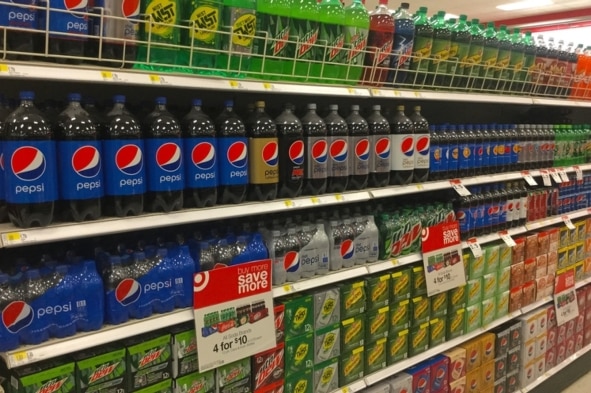
By Stephanie Nebehay
The World Health Organization said on Tuesday governments should raise taxes on sugary drinks to fight what it says are global obesity and diabetes epidemics.
If retail prices of sugar-sweetened drinks are increased by 20 percent through taxation, there is a proportional drop in consumption, it said in a report titled "Fiscal Policies for Diet and Prevention of Noncommunicable Diseases".
Obesity more than doubled worldwide between 1980 and 2014, with 11 percent of men and 15 percent of women classified as obese—more than 500 million people, the WHO said.
An estimated 42 million children under age 5 were overweight or obese in 2015, said Dr. Francesco Branca, director of WHO's department for nutrition and health. This was an increase of about 11 million over the past 15 years.
Additionally, some 422 million adults across the world have diabetes.
The WHO said there was increasingly clear evidence that taxes and subsidies influence purchasing behavior, and that this could be used to curb consumption of sugar-sweetened drinks and hence fight obesity and diabetes.
"We are now in a place where we can say there is enough evidence and we encourage countries to implement effective tax policy," Temo Waqanivalu, coordinator at WHO's department of Noncommunicable Diseases and Health Promotion, told a briefing.
The United States has the world's highest rates of obesity per population, but China also has similar absolute numbers among both men and women, Branca, the nutrition director, said.
Sweet drinks are also popular in Latin America, where people in Chile and Mexico are the biggest consumers, he said.
WHO guidelines issued in March 2015 said that adults and children from the Americas to Western Europe and the Middle East need to roughly halve the amount of sugar they consume to lower risk of obesity and tooth decay.
Oct. 29, 2016, 5:07 PM
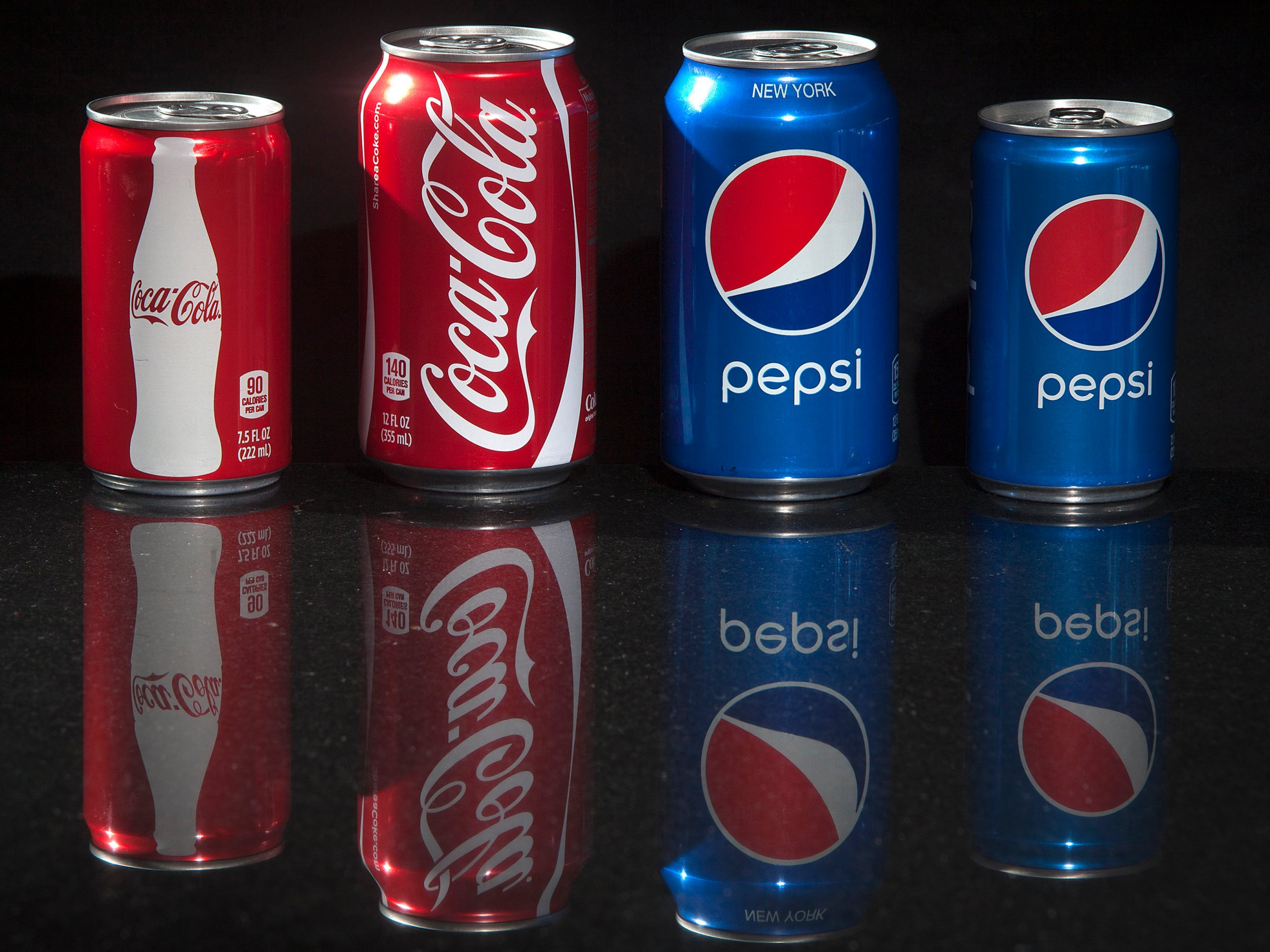
Four cities are preparing to vote on ballot initiatives that could present a major challenge to big soda.
On November 8, residents of Boulder, Colo. and three cities in the Bay Area — San Francisco, Oakland and Albany, Calif. — will vote on whether or not to implement a tax on sugary drinks.
The California initiatives would tax soda at a rate of 1 cent per ounce. The Boulder tax would be 2 cents per ounce.
A new study from Harvard's T.H. Chan School of Public Health found that the proposed soda taxes would lead to millions of dollars in savings on healthcare costs.
Researchers found that initiatives would result in a nearly 20% drop in soda consumption. The study, which used computer modeling to project the impact of the proposed taxes, also found that a decrease in soda consumption would have a direct effect on the health of the people in the area.
According to the study, the incidence of diabetes in the three California cities would drop an estimated 4% by 2018 when the tax would be in full effect. The study also predicted that 6,000 fewer people in the area would be obese by the end of 2025. In turn, this reduction in rates of obesity and diabetes would cut healthcare costs in the San Francisco Bay Area by $54.9 million over 10 years.
The same study found that the tax in Boulder would cut the incidence of diabetes by an estimated 10% in the city. Healthcare costs would decrease by $6.4 million over 10 years.
閱讀全文: Four cities are voting on ballot initiatives that should terrify Coke and Pepsi
October 22 2016 by Dr. Andreas Eenfeldt in Big Soda
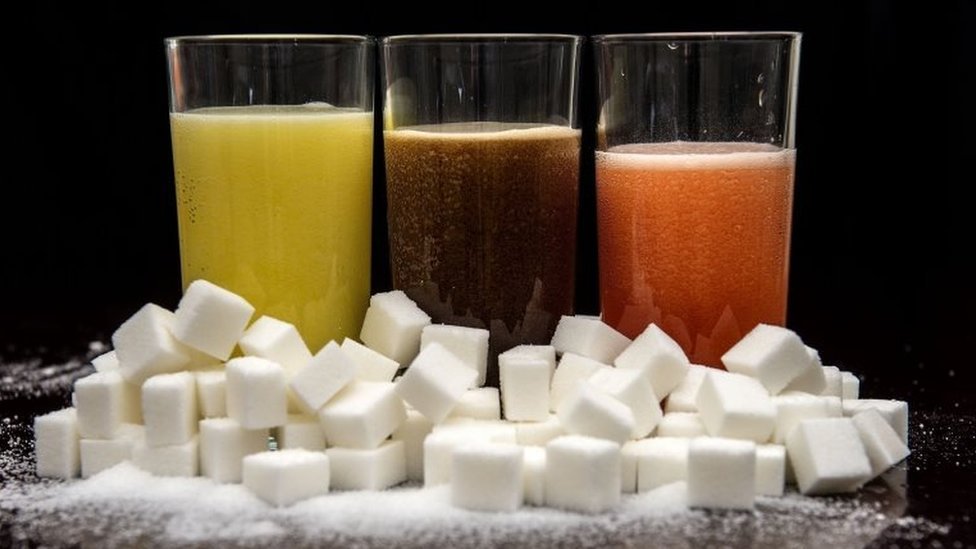
Sugar is now clearly public health enemy #1. Here's further proof, in the form of yet another country planning to implement a new soda tax:
The Guardian: Portugal to Levy Sugar Tax on Soft Drinks in 2017
Clearly more and more countries believe that soda taxes are an effective strategy to lower obesity and type 2 diabetes rates. Early results from countries like Mexico show that soda taxes result in a significant reduction of soda consumption.
Earlier
- Big Soda Gives Millions to Public Health, Then Lobbies Against It
- NYT: How the Sugar Industry Shifted Blame to Fat
- ZERO Added Sugar to Children Below the Age of 2, Recommends the American Heart Association
- The Sugar Industry Is Paying Obesity Experts in the UK
Soure: Portugal Introduces Soda Tax in 2017
16 March 2016, By Nick Triggle
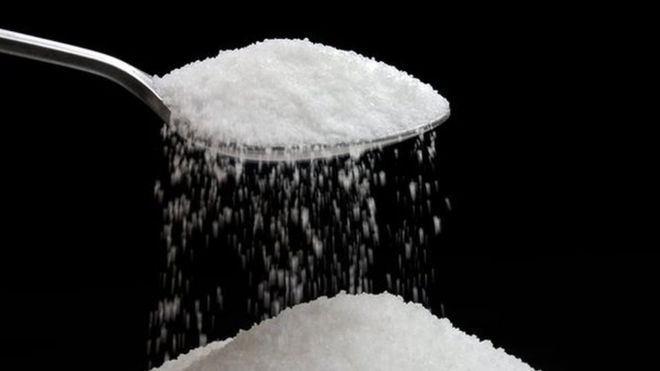
A new sugar tax on the soft drinks industry will be introduced in the UK, the chancellor has announced as he unveiled his Budget.
It is something that has been talked about for some time, but has still come as a surprise.
The move has been hailed by campaigners as a significant step in the fight against child obesity.
How will they decide which drinks to target?
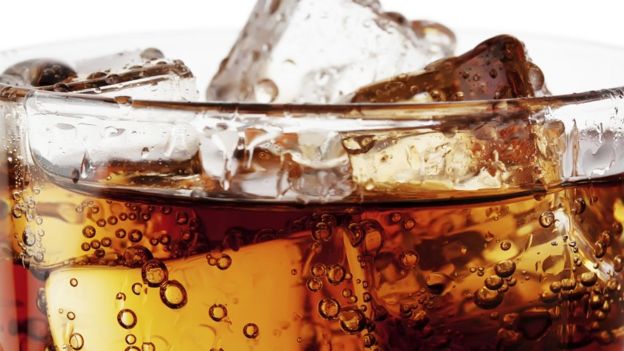
The levy is squarely aimed at high-sugar drinks, particularly fizzy drinks, which are popular among teenagers.
Pure fruit juices and milk-based drinks will be excluded and the smallest producers will have an exemption from the scheme.
It will be imposed on companies according to the volume of the sugar-sweetened drinks they produce or import.
There will be two bands - one for total sugar content above 5g per 100 millilitres and a second, higher band for the most sugary drinks with more than 8g per 100 millilitres. Analysis by the Office for Budgetary Responsibility suggests they will be levied at 18p and 24p per litre.
Examples of drinks which would currently fall under the higher rate of the sugar tax include full-strength Coca-Cola and Pepsi, Lucozade Energy and Irn-Bru, the Treasury said. The lower rate would catch drinks such as Dr Pepper, Fanta, Sprite, Schweppes Indian tonic water and alcohol-free shandy.
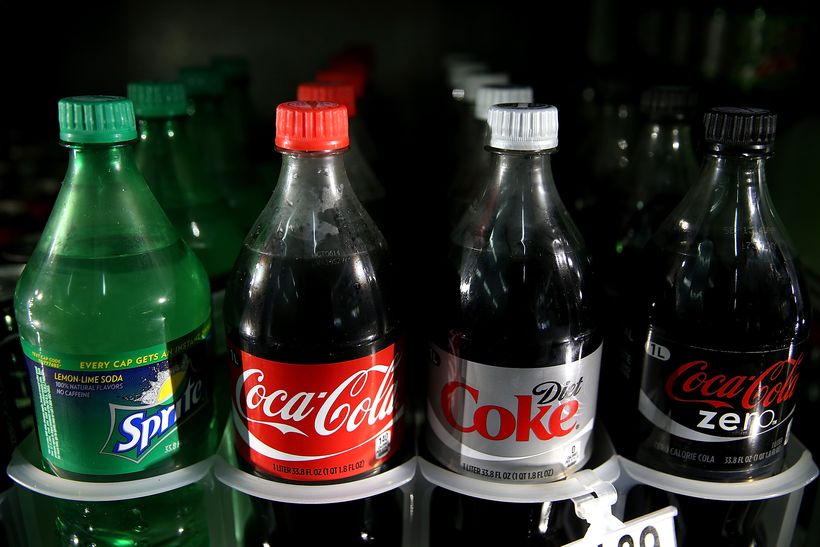
In a major blow to the beverage industry, all four cities that voted on soda taxes yesterday passed them in landslide victories.
San Francisco, Oakland, and Albany, California, voted in ballot measures that would levy a penny-per-ounce tax on distributors of sugary drinks. The people of Boulder, Colorado, also said yes to a 2-cent-per-ounce excise tax on distributors.
"This is an astonishing repudiation of big soda. For too long, the big soda companies got away with putting profits over their customers’ health," said Jim Krieger, the executive director of Healthy Food America. "That changed tonight."
In San Francisco and Oakland, the soda tax measures passed with 62 percent support. In Albany, it passed with 71 percent, and in Boulder, with 55 percent.
The stakes this year were high, for the beverage industry and for the philanthropists like former New York Mayor Michael Bloomberg, who invested millions in campaigns in favor of the taxes. The soda industry, which has seen slumping sales in recent years, has been terrified that more communities would follow the two cities that already have taxes on sugary beverages (Berkeley and Philadelphia) and approve levies of their own. The public health community, meanwhile, was desperate to build on the soda-tax momentum.
In the lead-up to the vote, spending on lobbying for both the pro- and anti-tax sides shot up astronomically in 2016 for what some have called the "most expensive city-level ballot initiative in US history."
閱讀全文: In a devastating blow to the beverage industry, 4 cities passed soda taxes
 繁體中文
繁體中文  简体中文
简体中文  English
English 



